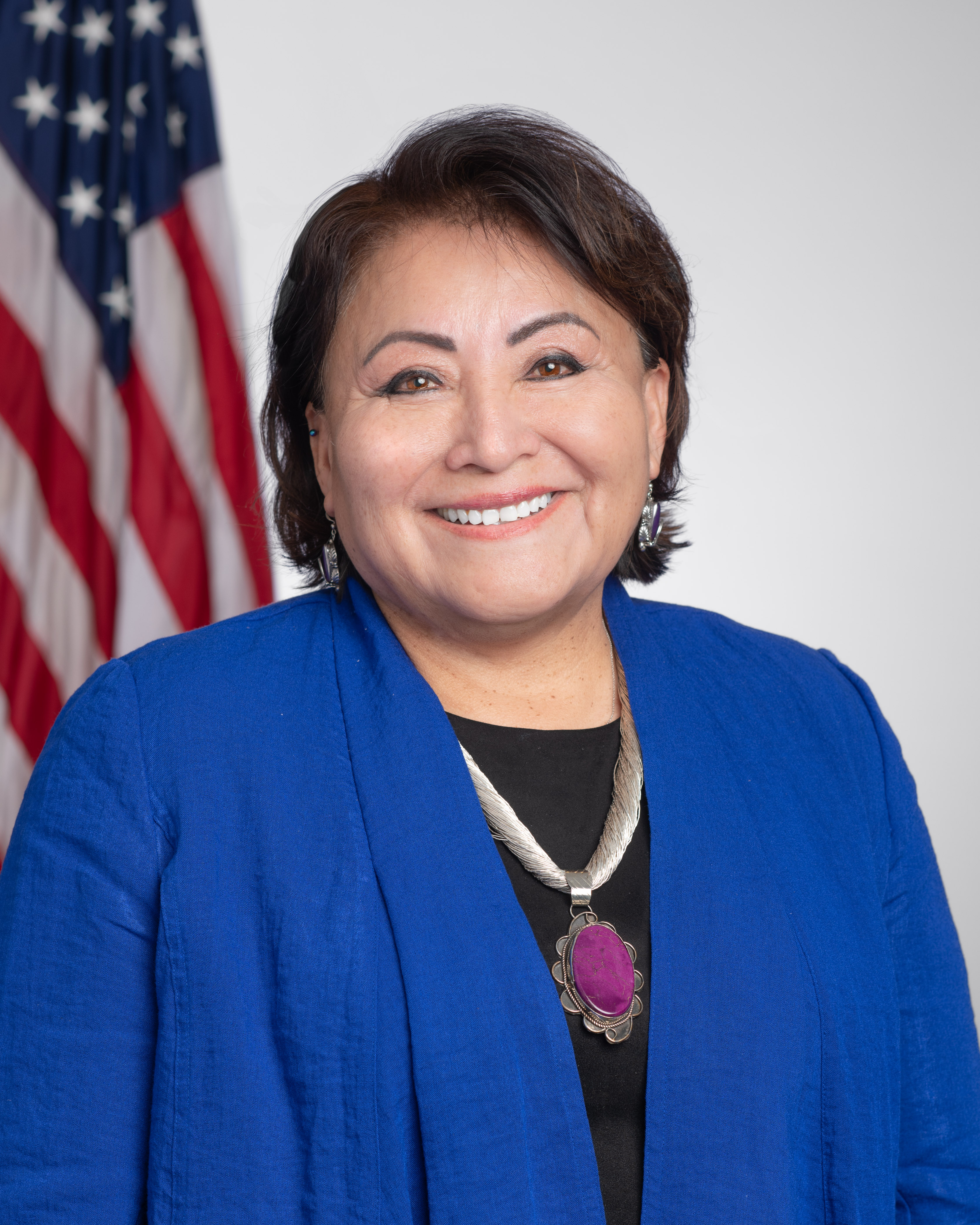GUEST OPINION. As we embark on a new year, we want to reaffirm to our tribal and urban Indian organization partners our commitment to improving the quality of patient care throughout the Indian health system.

[This story was originally published on the IHS Blog.]
We are happy to share that since October 2022, leadership from across the IHS has been working to develop a work plan, which describes critical actions needed to address key priorities that directly impact IHS operations; improve communications with our tribal and urban organization partners; and ensure the delivery of quality, patient-centered care. Furthermore, in order to address agency priorities, the IHS will provide rigorous management and oversight of resources to ensure the health care needs of American Indians and Alaska Natives are met.
On a quarterly basis, the IHS will hold strategic planning sessions to develop and monitor our progress. We will review the key priorities and action items that will guide agency improvements over the next year. We will also discuss the progress we are already making, timelines for further action, and the resources needed to accomplish our objectives.
Development of the 2023 Agency Work Plan complements activities that the agency has previously identified, including improve patient safety and incorporate critical oversight throughout the Agency. In 2021, IHS developed an action plan to meet the U.S. Government Accountability Office’s criteria for removal from its high-risk list. Since that time, the agency has been working to address actions to accomplish by the end of June 2023. IHS leadership is committed to making progress on addressing GAO’s recommendations. These efforts provide the foundation for building and implementing the 2023 agency work plan.
IHS also identified priorities based on input from employees, tribes and tribal and urban Indian organizations that the agency has gathered from meetings, conferences, consultations and urban confers. I also gathered pertinent information during my recent visits across Indian Country in the first couple of months I became the IHS director. My goal for that trip was to gain an improved understanding of tribal health and urban Indian health care systems and their needs and challenges. Much of the information I gathered has informed our decisions on the work plan priorities.
As part of ongoing strategic efforts, I initiated an evaluation of the agency’s quality program in December 2022, with the primary focus of improving oversight of quality and safe care for patients. Some general principles of this evaluation include a continued focus on oversight and accountability through developing policies, standardizing the IHS governance structure and medical bylaws and strengthening IHS’ enterprise risk management program. These efforts are being led by a team of subject matter experts from across the agency, with oversight and technical direction by the IHS chief medical officer.
Also, in December 2022, the agency’s efforts to standardize governance across the service units achieved a major milestone. The agency standardized governing board bylaws across all 12 IHS areas. Standardized governing board practices at direct service facilities provide for oversight and accountability while increasing efficiency and effectiveness of governing board meetings. These actions increase the ability to take quality information submitted and review it in an efficient manner, allowing the agency to have a proactive stance on governance issues.
The IHS remains committed to ensuring that our health care programs provide safe, quality care. We are also working diligently to mitigate programmatic and operational risks before they arise. As we move ahead this year, I look forward to leading these activities as they are incorporated into the 2023 agency work plan, and I will continue to publicly share our progress and accomplishments.
For a preview of the key priorities identified for our 2023 Agency Work Plan, I encourage you to review our fact sheet and summary of our work plan.
Roselyn Tso, an enrolled member of the Navajo Nation, is the director of the Indian Health Service. As director, Ms. Tso administers a nationwide healthcare delivery program that is responsible for providing preventive, curative, and community healthcare to approximately 2.7 million American Indians and Alaska Natives in hospitals, clinics, and other settings throughout the United States.
Help us defend tribal sovereignty.
At Native News Online, our mission is rooted in telling the stories that strengthen sovereignty and uplift Indigenous voices — not just at year’s end, but every single day.
Because of your generosity last year, we were able to keep our reporters on the ground in tribal communities, at national gatherings and in the halls of Congress — covering the issues that matter most to Indian Country: sovereignty, culture, education, health and economic opportunity.
That support sustained us through a tough year in 2025. Now, as we look to the year ahead, we need your help right now to ensure warrior journalism remains strong — reporting that defends tribal sovereignty, amplifies Native truth, and holds power accountable.
 The stakes couldn't be higher. Your support keeps Native voices heard, Native stories told and Native sovereignty defended.
The stakes couldn't be higher. Your support keeps Native voices heard, Native stories told and Native sovereignty defended.
Stand with Warrior Journalism today.
Levi Rickert (Potawatomi), Editor & Publisher
